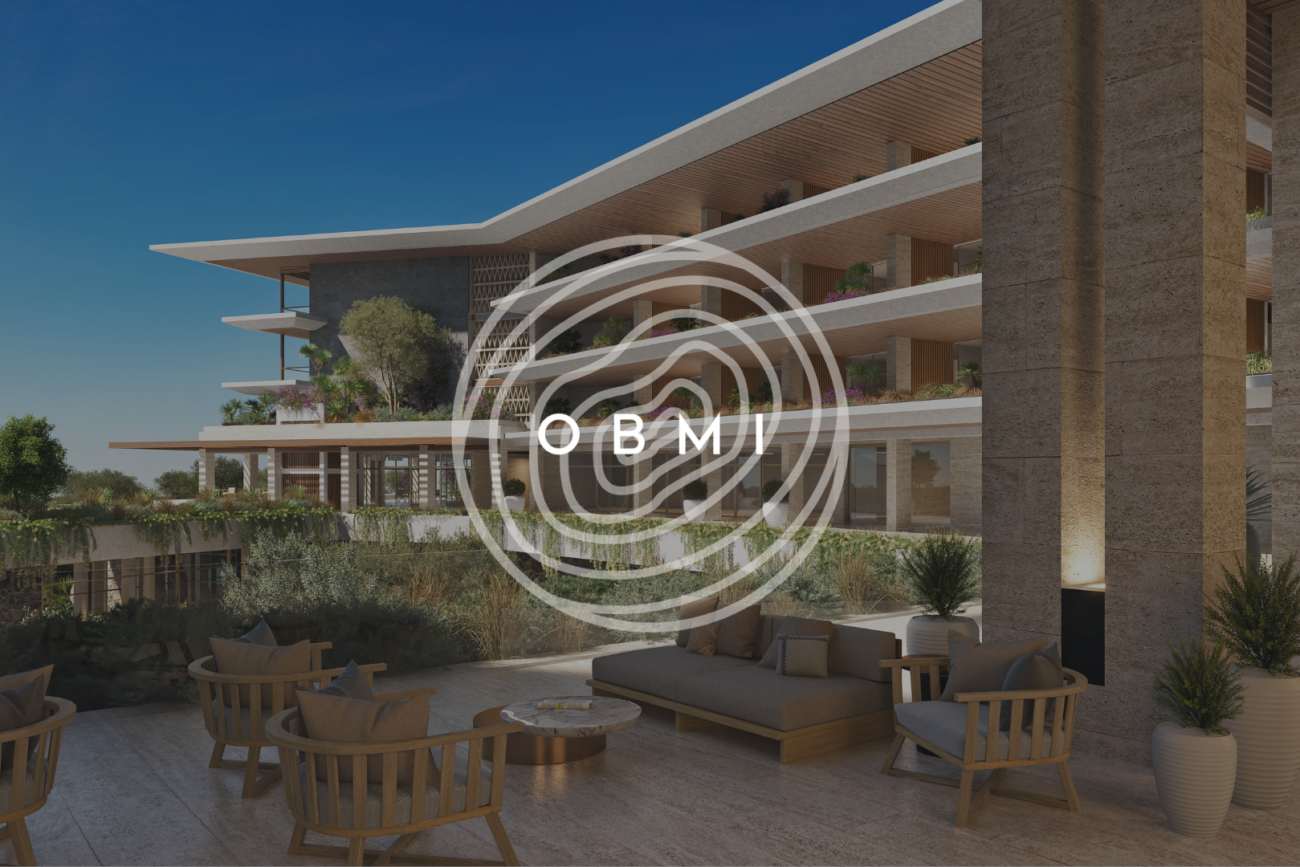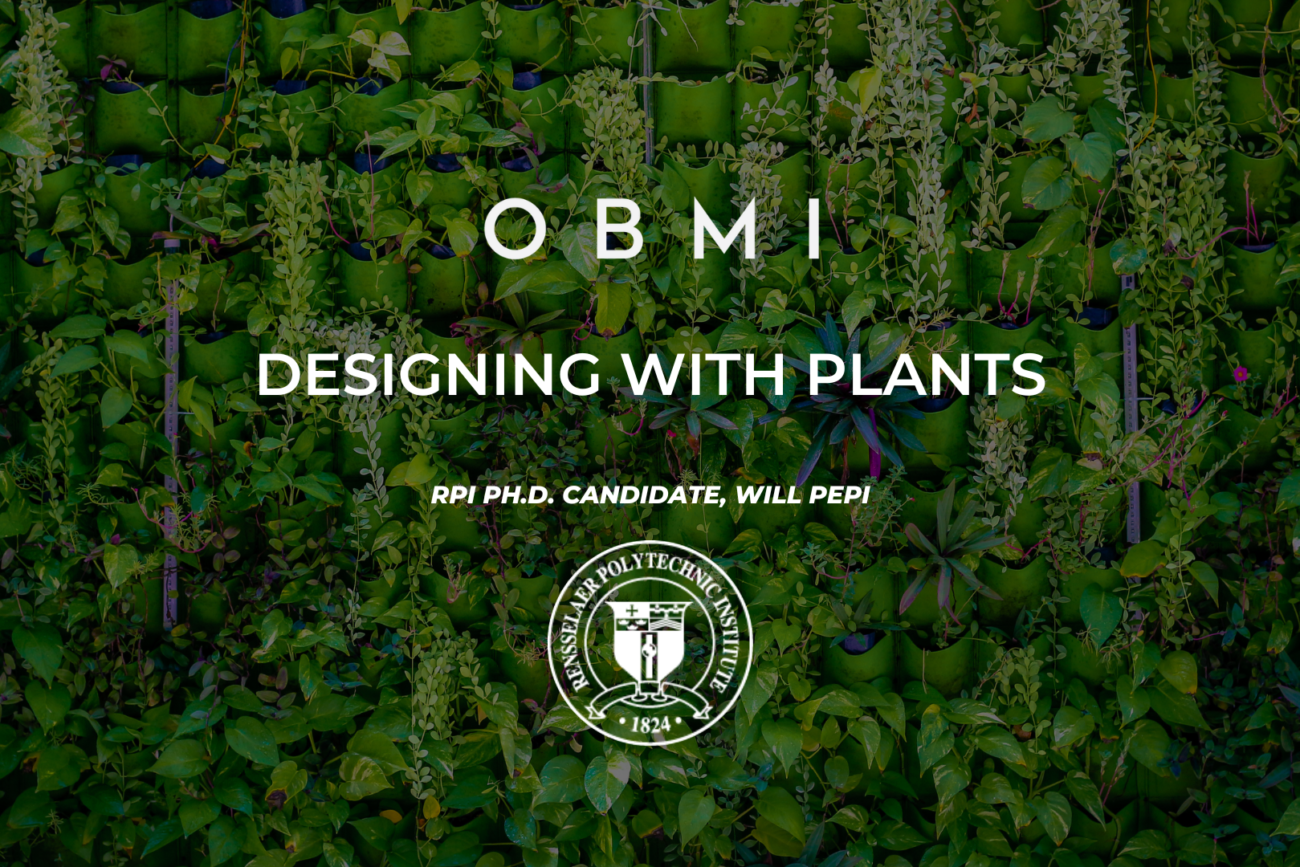What is Wellness?

Nature Inspired Resort, Rosewood Little Dix Bay OBMI Architects British Virgin Islands
Wellness is a modern word with ancient roots. The key tenets of wellness as both preventive and holistic can be traced back to ancient civilizations from the East (India, China) to the West (Greece, Rome). In 19th century Europe and the United States, a variety of intellectual, religious, and medical movements developed in parallel with conventional medicine. With their focus on holistic and natural approaches, self-healing, and preventive care, these movements have provided a firm foundation for wellness today. Wellness-focused and holistic modalities have gained more visibility since the 1960s/1970s under the writings and thought leadership of an informal network of U.S. physicians and thinkers (such as Halbert Dunn, Jack Travis, Don Ardell, Bill Hettler, and others). As these have evolved, proliferated, and gone mainstream, they have informed the healthy-living, self-help, self-care, fitness, nutrition, diet, and spirituality practices that have become a flourishing wellness movement in the 21st century.
The Global Wellness Institute (GWI) defines wellness as: the active pursuit of activities, choices, and lifestyles that lead to a state of holistic health.
There are two important aspects to this definition. First, wellness is not a passive or static state, but rather an “active pursuit” that is associated with intentions, choices, and actions as we work toward an optimal state of health and well-being. Second, wellness is linked to holistic health – that is, it extends beyond physical health and incorporates many different dimensions that should work in harmony (see figure).
Wellness is an individual pursuit – we have self-responsibility for our own choices, behaviors, and lifestyles – but it is also significantly influenced by the physical, social, and cultural environments in which we live.
Wellness is often confused with terms like health, well-being, and happiness. While there are common elements among them, wellness is distinguished by not referring to a static state of being (i.e., being happy, in good health, or a state of well-being). Rather, wellness is associated with an active process of being aware and making choices that lead toward an outcome of optimal holistic health and well-being.
Wellness Is Multidimensional

Physical: Nourishing a healthy body through exercise, nutrition, sleep, etc.
Mental: Engaging the world with the intellectual mind.
Emotional: Being aware of, accepting, and expressing our feelings, and understanding the feelings of others.
Spiritual: Searching for meaning and higher purpose in human existence.
Social: Connecting and engaging with others and our communities in meaningful ways.
Environmental: Fostering positive interrelationships between planetary health and human actions, choices, and wellbeing.






